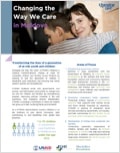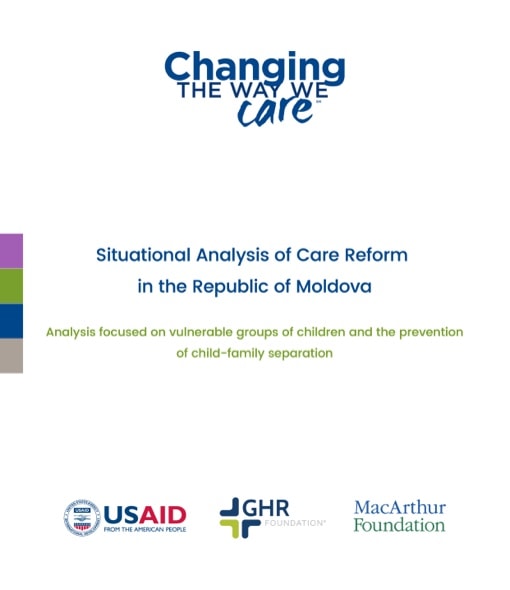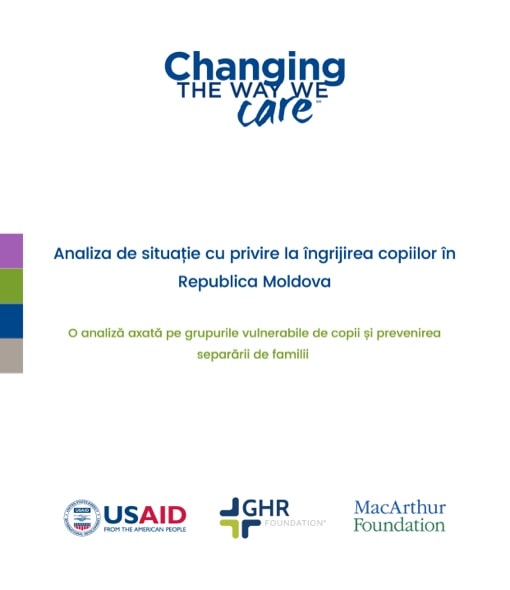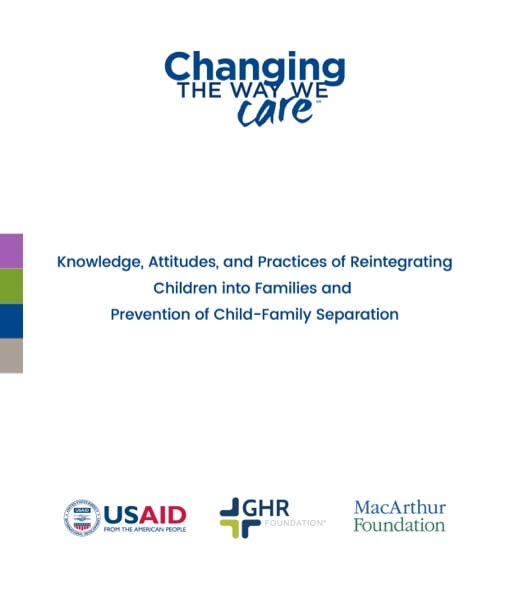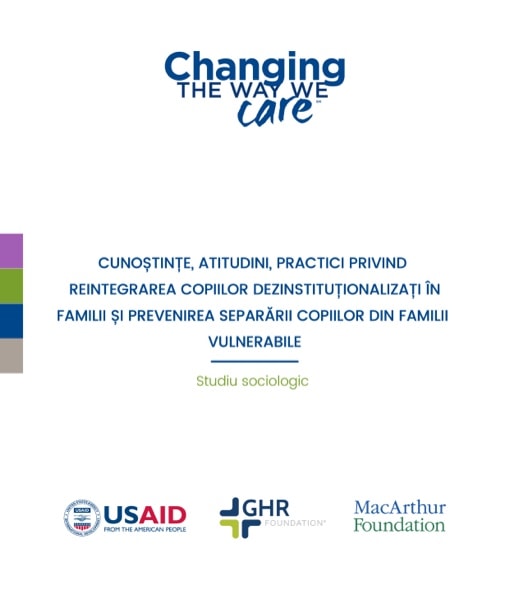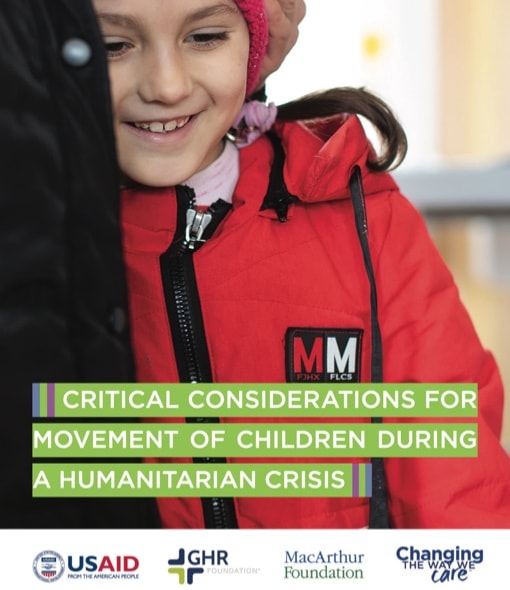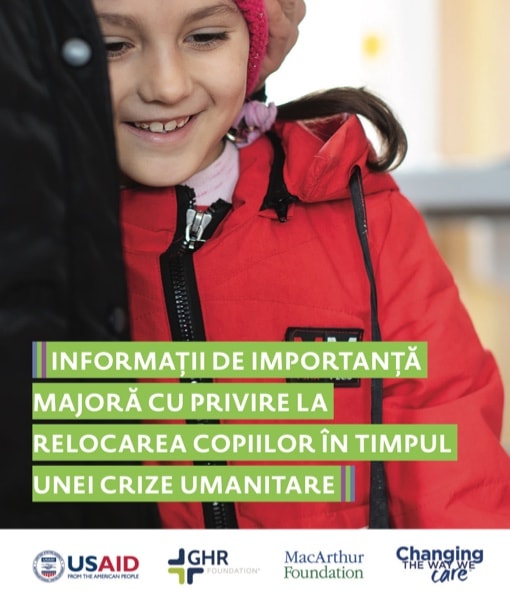
Care Reform in Moldova
Prior to 2000, Moldova had over 17,000+ children living in large residential institutions – sometimes referred to as orphanages. For the past twenty years, the Government of Moldova, supported by civil society, faith community, international organizations and donors has been working together to prevent family separation and reform the care system. Yet, still far too many children are growing up in institutions and not in families. Unfortunately, the number of at-risk children and children separated from their parents is on the rise in Moldova.
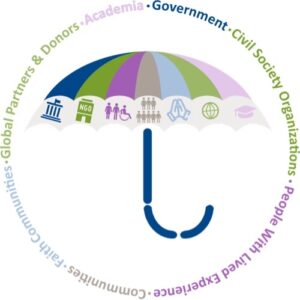
Collective Impact Approach
Taking a Collective Impact Approach, CTWWC works with national and local government officials, civil society organizations, faith communities, and people with lived experience to build a sustainable mechanism for care reform infrastructure, where solutions are developed, tested, measured, and funded in consortium. This innovative approach brings government and community stakeholders together to ensure that child protection and care policies and services are effective, relevant to needs, adequately resourced, and accessible to all.
Watch Video in Romanian
Refugee Work in Moldova
CTWWC Moldova is ensuring that all families and all children, Ukrainian and Moldovan, receive the services they need to stay together and thrive. Working in partnership with leaders in the care reform sector, CTWWC is supporting the Moldova protection system to ensure it has the capacity, the infrastructure, and the services at the community level to serve all families.

